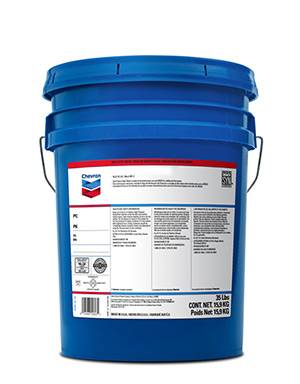Oct . 20, 2024 09:42 Back to list
hdpe pipes and fittings
Understanding HDPE Pipes and Fittings An Essential Component for Modern Infrastructure
High-Density Polyethylene (HDPE) pipes and fittings have become a cornerstone in various industries due to their superior properties and benefits. As construction and manufacturing processes evolve, the demand for durable, efficient, and cost-effective piping solutions has never been greater. HDPE, a thermoplastic polymer made from petroleum, is known for its high strength-to-density ratio, making it an ideal choice for numerous applications, from water supply systems to industrial pipelines.
Advantages of HDPE Pipes
One of the most significant advantages of HDPE pipes is their remarkable resistance to corrosion and chemical damage. Unlike traditional piping materials such as steel or iron, HDPE does not rust or corrode, which ensures a longer service life and reduced maintenance costs. This characteristic makes HDPE pipes particularly suitable for carrying aggressive chemicals and wastewater, where corrosion can pose a severe risk to structural integrity and safety.
Another compelling feature of HDPE pipes is their flexibility. Unlike rigid pipes, HDPE pipes can bend to accommodate various terrain and environmental conditions, simplifying installation processes. This flexibility also allows for fewer joints, which reduces the risk of leakage and enhances the overall strength of the piping system.
Additionally, HDPE pipes are lightweight, enabling easier handling and transportation. This lightweight nature can lead to lower labor costs during installation and reduce the energy consumption associated with transportation. Moreover, HDPE is highly resistant to impact, making it less likely to break during adverse weather conditions or from external forces.
Applications of HDPE Pipes
HDPE pipes and fittings are used in numerous applications across different industries. In the municipal sector, they are widely utilized for water supply and sewage systems. Their resistance to corrosion ensures that drinking water remains uncontaminated, while their durability supports the infrastructure’s longevity, essential for sustainable city planning.
hdpe pipes and fittings

In the agricultural sector, HDPE pipes play a crucial role in irrigation systems. Their ability to transport water efficiently over long distances without losing pressure is vital for modern farming practices. Farmers benefit from the reliability of HDPE piping, allowing them to maximize crop yields while minimizing water wastage.
The industrial sector also relies on HDPE pipes for transporting various liquids and gases. Their chemical resistance makes them suitable for chemical processing plants, refineries, and manufacturing facilities. The ability to handle high-pressure environments also adds to their versatility, further establishing their importance in industrial applications.
Fittings for HDPE Pipes
To create a complete HDPE piping system, various fittings are essential. These include elbows, tees, reducers, and couplings. Each fitting is designed to provide smooth transitions between pipes and directions, ensuring optimal flow and minimizing turbulence. The quality of fittings is equally important as the pipes themselves, as poorly made fittings can lead to leaks or structural failures.
HDPE fittings are typically fused to the pipes using heat fusion methods, which create a permanent, leak-free joint. This process enhances the overall integrity of the piping system and contributes to the longevity of the installation.
Conclusion
In conclusion, HDPE pipes and fittings are revolutionizing the way industries approach their infrastructure needs. With their numerous benefits, including corrosion resistance, flexibility, lightweight properties, and versatility, HDPE has established itself as a preferred choice for a wide range of applications. As the world continues to prioritize sustainable solutions and innovative technology, HDPE pipes will undoubtedly play a critical role in shaping the future of construction and infrastructure development. By investing in these advanced materials, businesses can ensure they are equipped with reliable and efficient solutions for their piping needs.
-
PVC Transparent Sheet Roll - Durable & Flexible PVC Plastic Sheet Roll for Industrial & Home Use
NewsJun.24,2025
-
High-Quality PVC PPR Pipes and Fittings Durable ERA PPR Solutions
NewsJun.10,2025
-
High-Quality Large HDPE Sheets & Large Diameter PVC Pipe Durable Large PVC Pipe Supplier
NewsJun.10,2025
-
High Density Polyethylene Cutting Board - Durable & Food Safe
NewsJun.09,2025
-
3 Inch PVC Pipe for Durable Irrigation Affordable & Reliable
NewsJun.09,2025
-
Premium PPR Plastic Water Pipe Fittings - Durable & Leak-Free
NewsJun.09,2025

